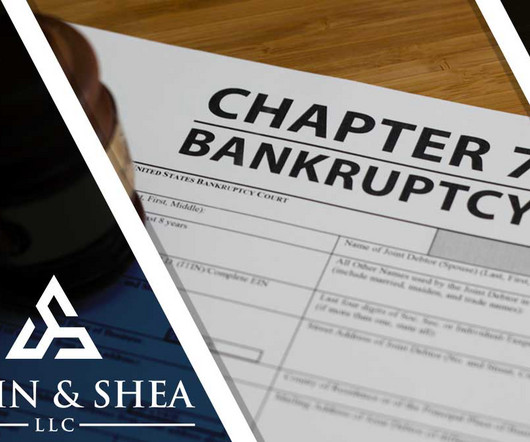Q1 Industry Insights: Economic Stressors Persist while Pandemic-era Benefits End
True Accord
APRIL 5, 2023
Directly impacting creditors and debt collectors, a January ruling from the District Court of Puerto Rico found that sending debt collection communications prior to any knowledge of a debtor’s bankruptcy filing is not a violation of the Fair Debt Collection Practices Act (FDCPA). And delinquency is trending.












Let's personalize your content